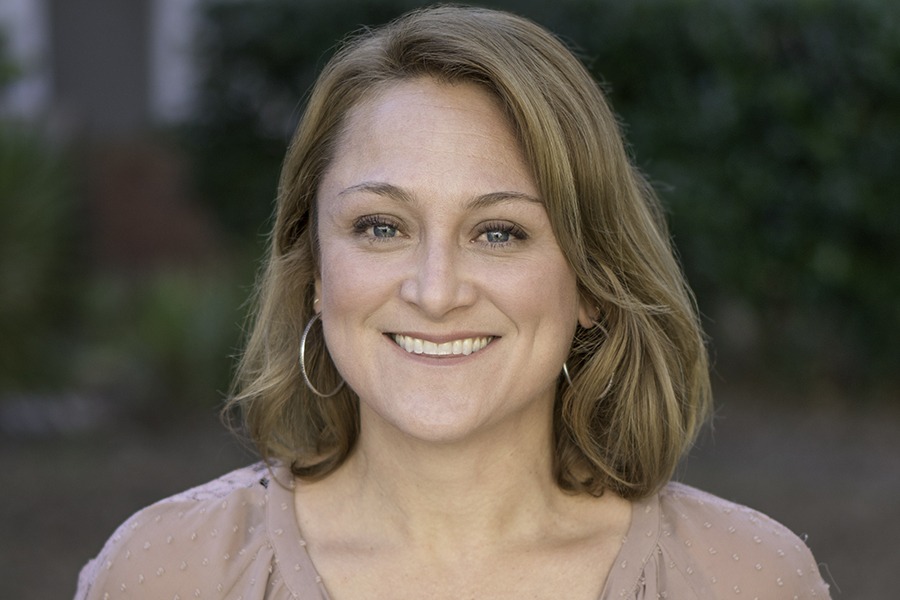Community Solutions is honored to be one of the six finalists of the MacArthur Foundation’s 100&Change competition. Beth Sandor, a Principal at Built for Zero, recently joined Denver Frederick, host of The Business of Giving, to discuss our proposal to accelerate an end to homelessness across the U.S.
Denver: How many people are homeless in America on any given night, and what’s the impact on their health, their lifespan, and so on?
Beth: So right now, the numbers that we have are a little over half a million people are homeless on a given night. A large proportion of those folks are individuals but also almost 170,000 are families that make up that number and about 30,000 are youth. And so, we have a lot of families and youth still homeless in our communities.
The other important thing to note about the population it’s disproportionately, people of color compared to the general population. We can see that in Black Americans make up 13% of the general population, but 40% of the homeless population. And so, we’d see the disparities that exist in our communities generally show up in the homeless response system. And as you mentioned, it has huge impacts on people’s health, and mortality risk increases significantly when people are homeless. Being outdoors, being in unsafe situations, and as we’ve seen with COVID now with the public health crisis, we’ve seen the rest of people being in congregate settings, just make it more clear how important it is for people to be in homes.

We got serious about moving away from static data to dynamic data that really helps people understand in real-time what’s happening, and then using this iterative framework of testing ideas and learning into the solutions, rather than assuming we had all the solutions upfront.
Beth Sandor
Denver: How does your approach and how did your mindset change when you started counting down [to zero homelessness] instead of counting up [to a certain number of housing placements]?
Beth: We knew a couple of things going into Built for Zero. One was how important it was to know people by name and to really have your pulse on who is experiencing homelessness and have that information updated in real-time. And so we knew that, and we had seen what had happened in healthcare when they had imbedded a quality improvement methodology into the work and healthcare.
And so, our shift was really moving away from treating homelessness as a technical problem that just needed… if we just had more housing, if we just had more money, if we just had – if we just instituted best practice that we would solve it to instead say, “What new problem-solving skills would we need as a sector if we were going to respond to homelessness in a dynamic way?” Homelessness is always changing every day in communities, and there are factors in society that are making that change every day. And so, if we see it as a systems problem, as a data problem that can only be solved by individuals working together differently, how would we approach it? And so, we got serious about embedding quality improvement in how our team worked and how local community teams are working. We got serious about moving away from static data to dynamic data that really helps people understand in real-time what’s happening, and then using this iterative framework of testing ideas and learning into the solutions, rather than assuming we had all the solutions upfront.
Denver: Let’s turn our attention to the $100 million award that will be given by the MacArthur Foundation to one of the six finalists. If you are fortunate enough to be declared that winner, how will you use the $100 million, and what will it allow you to do that you can’t do otherwise?
Beth: First, I’ll just say we are thrilled to be a finalist in this competition. It is a testament really to the work in these communities, and I think it has become, for us, a validation that ending homelessness is possible, that it is happening, that we need to collectively focus on how to scale that work. And so that is really what it would accelerate for us, is the ability to go from 13 communities having ended homelessness in their community to 75 in the next six years, and to scale the work and start to become a normal experience for communities to end homelessness. So, it’s going deeper in communities and increasing the number of proof points of communities ending homelessness, and then going wider in scaling both policy and practice change so that there’s a clear roadmap for everyone in the country to end homelessness in their community.



